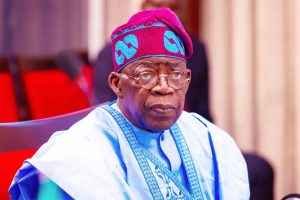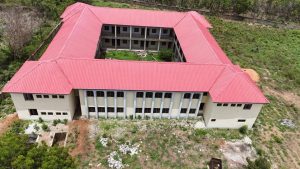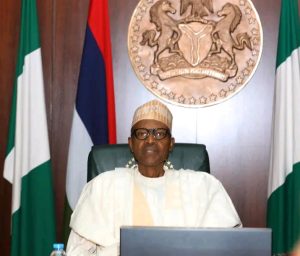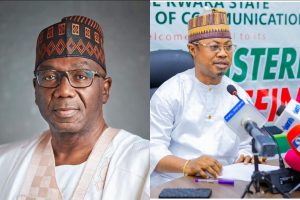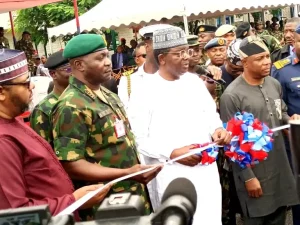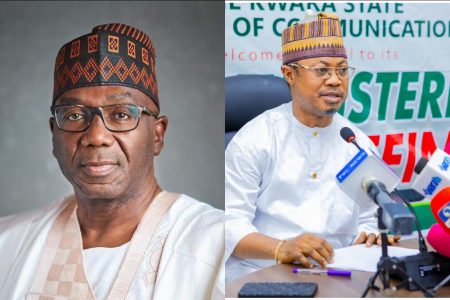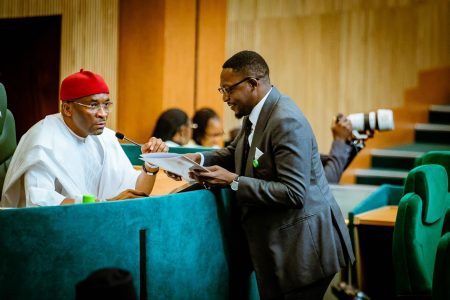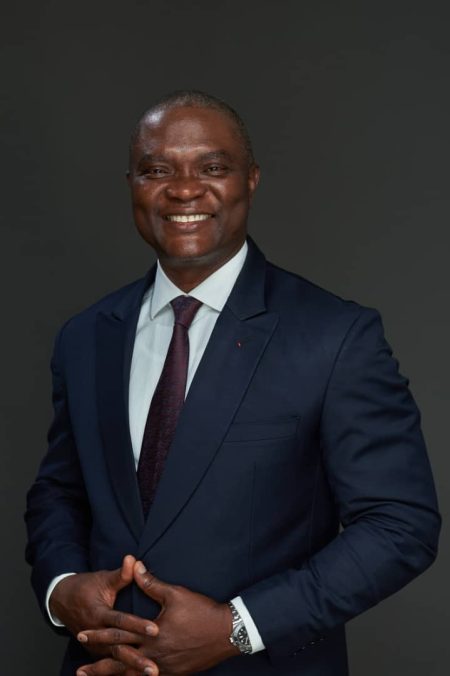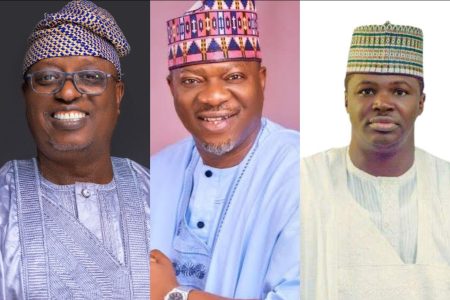Lanre Osho’s analysis of Governor AbdulRahman AbdulRazaq’s political tactics, as presented in his September 28 column in Kwara Express, paints the governor as a master of quiet strategy. While Osho attempts to credit AbdulRazaq’s “introverted” approach as a game-changer in Kwara politics, there are deeper realities at play that his column glosses over. Yes, silence may be a virtue, but when it comes to governance and building political longevity, silence alone is not the whole story.
Osho presents Governor AbdulRazaq as a “master of the game,” outsmarting his opponents by adopting the 48th law of power: “Talk less, let others talk more.” While this might work in the short term, Nigerian politics—and particularly Kwara’s political landscape—demands more than mere strategic silence. Politics here is not simply about outsmarting opponents through a laid-back demeanor; it’s about building a lasting political structure, fostering genuine loyalty, and maintaining relevance outside of the Governor’s Office.
Let’s be honest: AbdulRahman AbdulRazaq’s current political clout is largely a product of incumbency. His so-called “mastery” of the game has been bolstered by the advantages that come with holding the highest office in the state. Political appointments, control of resources, and influence over key state institutions have helped him maintain a semblance of authority. But Osho ignores the fact that, unlike Bukola Saraki, whose influence endures even out of office, Governor AbdulRazaq lacks a solid base of die-hard supporters.
Saraki, whether one admires or despises him, built a deep-rooted political dynasty. His loyalists remain steadfast even when he’s out of power, because his political machine runs far deeper than just his term in office. In contrast, many of those currently aligned with AbdulRazaq are there because of convenience, not loyalty. The real test of AbdulRazaq’s political acumen will come when he leaves office, and the perks of incumbency no longer shield him. As Osho himself pointed out, the likes of Hon. Saheed Popoola and Alhaji Aro only remained silent due to their inability to outmaneuver AbdulRazaq in the current political climate. Remove the title of governor, and AbdulRazaq may find his political support eroded much faster than anticipated.
Moreso, Osho describes AbdulRazaq’s introverted silence as a strength, but we must ask: is it strategic silence, or is it absence? Governance is more than just quietly outsmarting opponents; it is about showing leadership, engaging with the public, and addressing their concerns head-on. Kwarans have long questioned the governor’s seeming disconnection from grassroots issues. While Osho praises AbdulRazaq’s handling of “white elephant projects” like the Kwara Hotel and Ilorin Visual Hub, the governor’s reluctance to engage with public dissent or explain his priorities leaves much to be desired. Saraki, despite his flaws, was known for his ability to rally his base and maintain dialogue with the electorate, ensuring a lasting political presence.
As we approach the next political cycle, it’s evident that silence alone won’t secure electoral victories. Even now, there is widespread dissatisfaction with KWASIEC’s decision to declare all 16 Local Government chairmen and 193 ward councilors as APC winners.
So disappointed seeing Osho draws a parallel between AbdulRazaq and Saraki’s sixteen-year reign, implying that the governor’s reserved tactics could keep him in power for an extended period. But Saraki’s longevity was not built on silence; it was built on strategic alliances, grassroots mobilization, and an ability to inspire loyalty even in his absence from office.
AbdulRazaq, on the other hand, may find himself isolated once he exits the Government House. Without a strong political machine or genuine grassroots support, his days in Kwara’s political arena may be numbered. The opposition may currently be fragmented and vocal, but as they regroup and recalibrate their strategies, silence may no longer be the winning move.
Lastly, Lanre Osho’s assertion that Governor AbdulRahman AbdulRazaq’s quiet political tactics are his key to longevity oversimplifies the complexity of Kwara politics. Silence may have served AbdulRazaq in the short term, but without a solid base of loyal supporters or a clear plan for life after government, his days of influence may indeed be numbered. Kwara’s political landscape demands engagement, leadership, and an enduring legacy—none of which can be achieved through silence alone.
—- Adam Isiaq from Ilorin.


